Table of Contents
Key #1: The Challenge of Innovative Thinking Skills in a Stressful World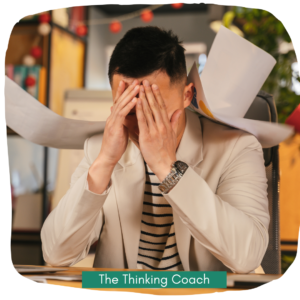
In today’s fast-paced world, developing innovative thinking skills is crucial for overcoming challenges and fostering creativity. However, it’s not easy to think creatively when external stress and noise constantly distract you. There’s no secret formula for this; no amount of creative thinking training will help if you don’t first decide to help yourself. The first step is recognizing how stress and these skills often work against each other.
To nurture innovative thinking skills, one must learn to manage stress effectively. This involves creating a calm environment that encourages free thinking, rather than stifling creativity. Leaders and professionals alike must prioritize creating a stress-free atmosphere that allows for the free flow of ideas. Only then can these skills truly flourish, leading to breakthrough solutions and novel approaches to problems.
Key #2: The Speed of Stress and Its Impact on Innovative Thinking Skills
Stress operates at a speed that often overwhelms our ability to think clearly and creatively. High levels of stress can lead to hurried decision-making, which stifles innovative thinking skills. To counter this, it’s essential to slow down and take a more deliberate approach to both thinking and action.
Innovative thinking skills thrive when there is space to reflect, pause, and consider multiple perspectives. The pressure to act quickly can inhibit this process, making it harder to generate creative ideas. Slowing down allows your mind to explore new possibilities without the constraints of stress, enhancing your ability to think innovatively. As a practical exercise, try reducing your speed in everything you do, from how you walk and talk to how you approach your tasks. By doing this, you create the mental space needed for these skills to develop.
Key #3: The Slow Down Challenge: A Key to Enhancing Innovative Thinking Skills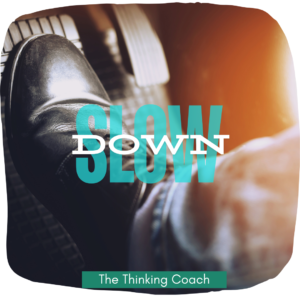
To cultivate innovative thinking skills, it is crucial to slow down not just physically but mentally. When someone speaks to you, resist the urge to respond immediately. Instead, take a moment to pause, consider what they are actually saying, and reflect on it before jumping to conclusions. This practice of slowing down your reactions and thoughts can lead to deeper understanding and more innovative solutions.
This slow-down challenge is about more than just reducing speed; it’s about changing your mindset. Innovative thinking skills are a natural outcome of being connected to yourself, rather than being driven by the external pressures around you. By slowing down, you create an “island of sanity” amidst the chaos, allowing your mind to function more creatively and effectively.
Key #4: Creating an “Island of Sanity” to Foster Innovative Thinking Skills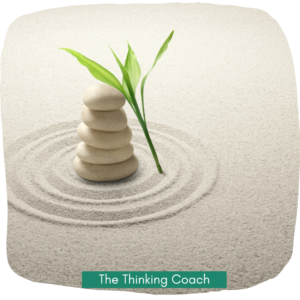
Being calm and collected in the face of external pressures is essential for developing innovative thinking skills. This inner calmness allows for clearer thinking and more creative problem-solving. However, achieving this state requires intentional effort and self-discipline. It’s not about seeking quick fixes to persistent problems but about investing in yourself and practicing mindfulness.
Innovative thinking skills flourish when you are not trapped in your comfort zone. Comfort breeds complacency, while stepping outside your usual patterns requires courage and self-discipline. These qualities are fundamental to creativity, as they allow you to break free from conventional thinking and explore new, innovative ideas. By regularly practicing these skills, you can create a mental environment conducive to innovation.
Key #5: How Internal Calm Enhances Innovative Thinking Skills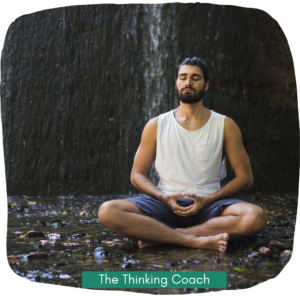
Maintaining an internal sense of calm, especially when external demands are high, is crucial for fostering innovative thinking skills. Often, people seek quick solutions to long-term issues, but this approach rarely leads to sustainable results. Instead, by slowing down and allowing internal noise to quiet, new and creative ideas can emerge.
Innovative thinking skills are not about finding comfort but about embracing change and exploring new possibilities. This requires a deliberate effort to stay still inside and connect with your natural pace of thinking. By doing so, you create the conditions for these skills to become a part of your daily decision-making process. Over time, this practice can help reduce stress and improve the quality of your decisions.
Key #6: Daily Practices to Strengthen Your Skills
Here’s a practical tip for incorporating innovative thinking skills into your daily routine: take an ordinary task and, before starting, ask yourself at three different speeds—slow, medium, and fast—”What is the best, most effective way to do this task and achieve better results?” Then, pause and do nothing for a few moments. Allow your mind to wander and come back to the task with a fresh perspective.
Practicing this exercise regularly can help improve your innovative thinking skills by forcing you to think differently and break away from habitual patterns. This kind of deliberate pause is essential for fostering creativity and encouraging innovative problem-solving. By challenging yourself to think creatively about routine tasks, you can train your mind to approach all problems with a more innovative mindset.
Key #7: Embracing Innovative Thinking Skills for Professional Growth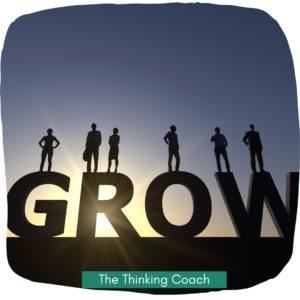
Innovative thinking skills are not just useful for solving problems—they are essential for personal and professional growth. Creative thinking enables you to see beyond immediate issues and envision broader possibilities. When you apply these thinking skills effectively, you become more aware of yourself and your environment, enhancing both your perception and your cognitive sharpness.
Rediscovering creativity can be incredibly energizing and uplifting. It brings a sense of fun and novelty to your work and can significantly improve your performance. Innovative thinking skills are not something to be learned anew but rather rediscovered, as creativity is a natural human trait. By creating the right conditions, you can tap into this innate potential and apply it to your daily tasks and challenges.
Conclusion: Unlock Your Your Skills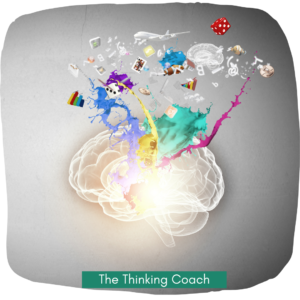
To fully develop innovative thinking skills, it’s essential to manage stress and create a conducive environment for creativity. By slowing down, embracing change, and practicing mindfulness, you can enhance your ability to think creatively and make better decisions. Innovative thinking skills are a vital part of professional success, enabling you to solve complex problems and drive meaningful change within your organization.
If you are thinking after reading this article that innovative thinking skills are about having an attitude that allows you to be creative, you are correct. That in itself is innovative thinking, yes, understanding the connection between how you go about the business of being a developing human and your ability to innovate is creativity par excellence!
Action??? Will You Invest In Yourself?
The Thinking Coach Leadership Training Seminars offer a comprehensive program to help professionals develop their innovative thinking skills and achieve balance, steadiness, and clarity. Through a series of interactive workshops, participants learn how to harness their creativity, solve problems effectively, and inspire their teams to think differently. Contact us today to discover how we can help you and your organization unlock your full creative potential.
Eli Harari
The Life Coach for Professionals™

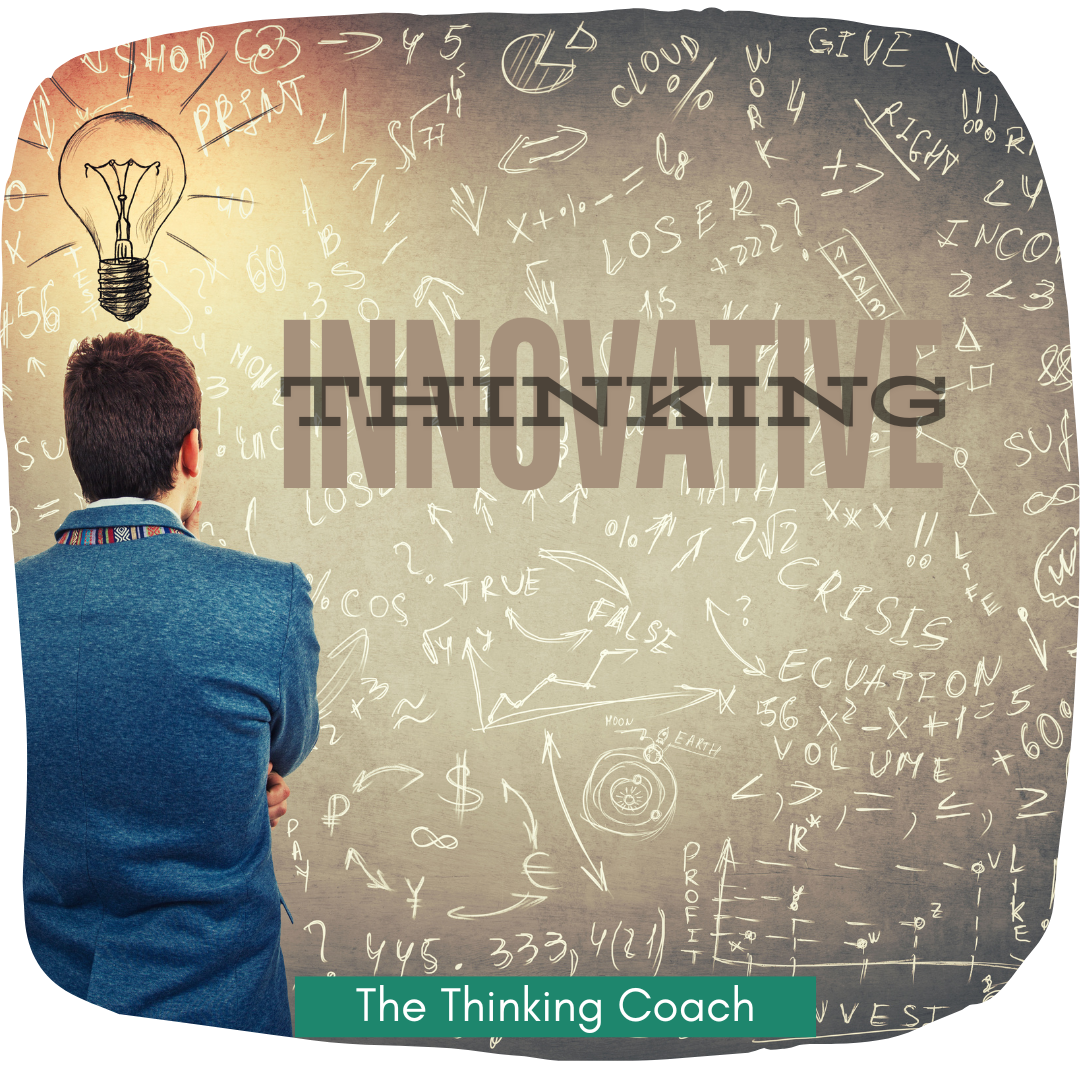

Pingback: Juggle Work And Education With Strategic Thinking & Strategic Planning
Pingback: Workspace Blues? Take 5 Strategic Thinking Tips To Brighten Up Your Day
Pingback: The Power of Systematic Thinking - 4 How to Build a Better Life - The Thinking Coach